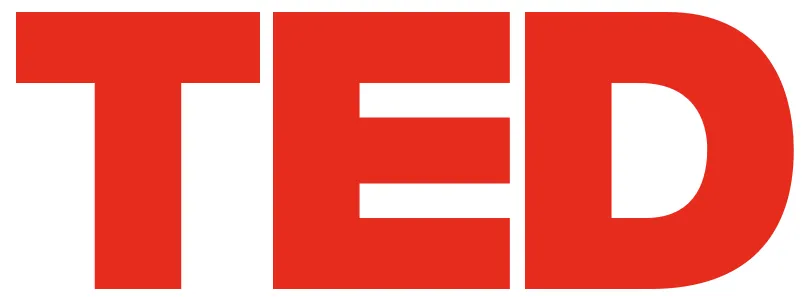Pre-order: This book starts shipping on May 5th, 2020
Get Your Free Paperback COPY OF COMMIT FIRST
"Traffic Secrets: New FREE Book
Reveals How To Fill Your Website and Funnels With Your Dream Customers..."






Reserve Your FREE Copy Of 'Traffic Secrets' Today!
Need more traffic to your website or funnel?
"New FREE BOOK Shows 20+ Virtually UNKNOWN Secrets To Get Tons Of Traffic To *Any* Website..."




COMMIT FIRST
Claim Your Free Copy Of Commit First. The Key To Unlock Potential, Break Through Obstacles, and Achieve YOUR Impossible In Life & In Business




HEAR LES BROWN TELL YOU ABOUT COMMIT FIRST 👇
Send Me Your Address
I'd like to rush a FREE copy of my brand new hardcover book to your doorstep, ASAP.
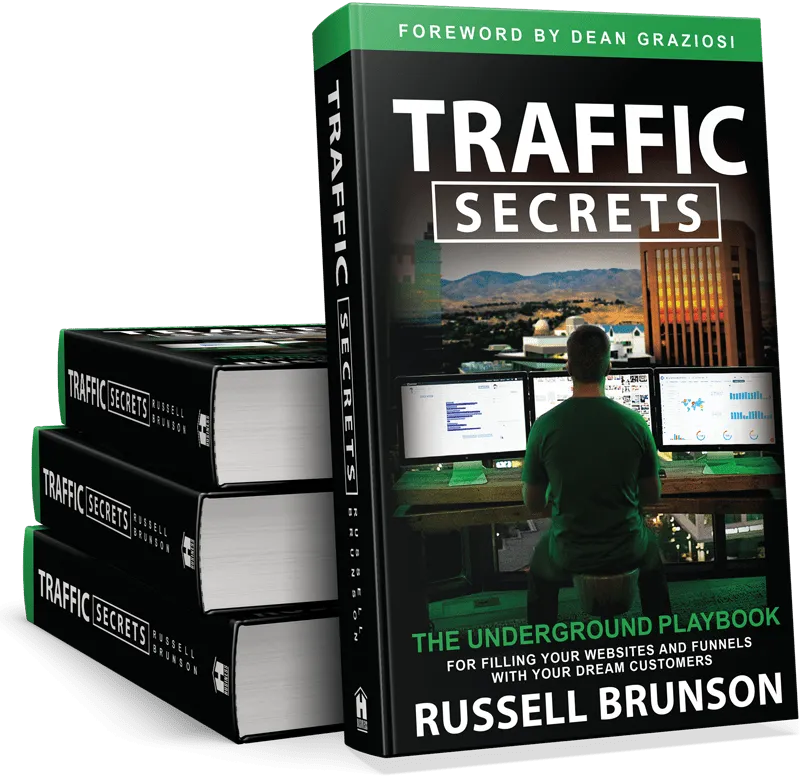
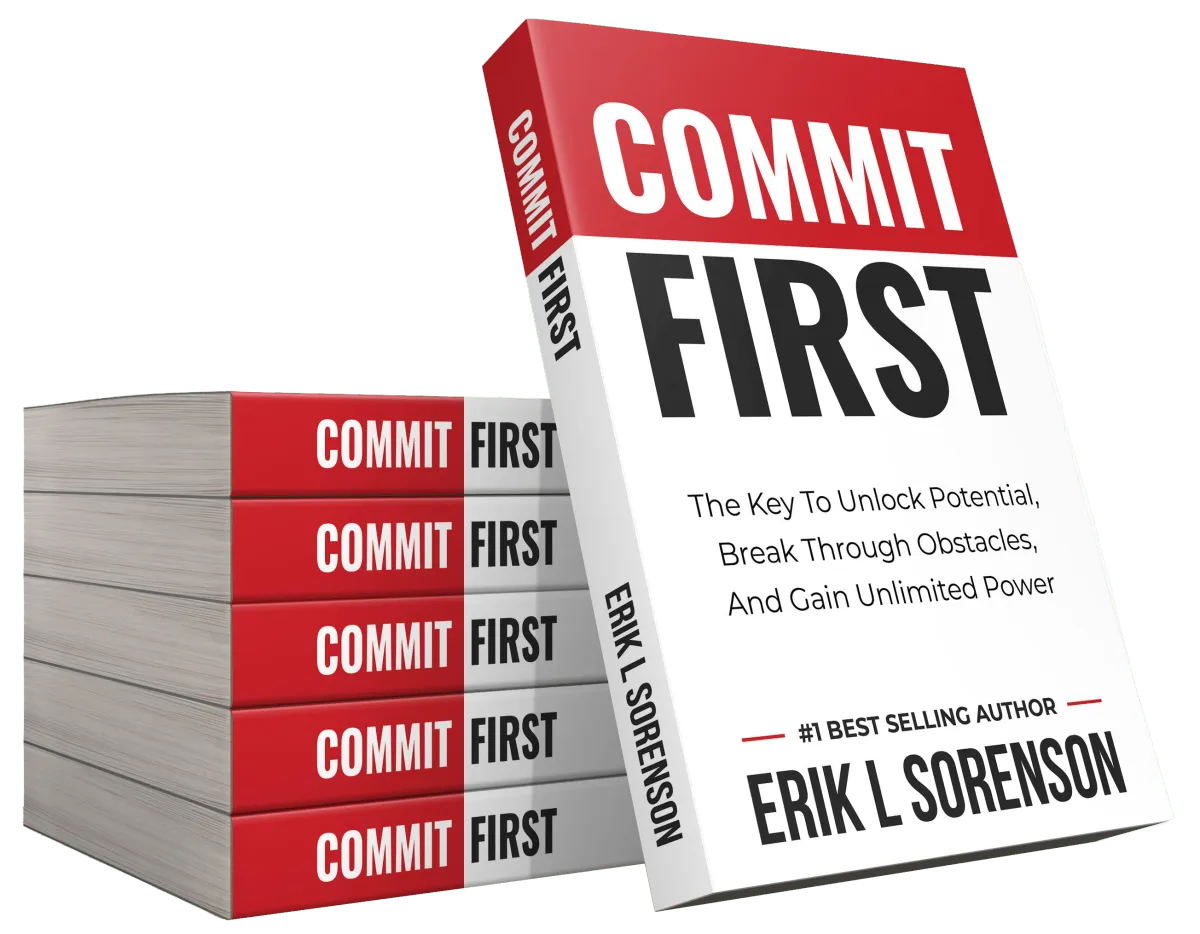
Be the first to own...
I'd like to rush a FREE copy of this powerful to help you achieve YOUR impossible in life today!
I'll cover the book if you cover the shipping and handling, and I'll send it to you anywhere in the United States. I can't wait for you to get your hands on COMMIT FIRST!.
What Are Others Saying About COMMIT FIRST

"You were made for that book, Commit First. You had to write this book, you were born and preserved for such a time as this."

LES BROWN
Public Speaker

"Everybody on this planet should read this book. It's unbelievable! There are life-changing principles that are in this book!"

KEN WALLS
Breakthrough Walls Podcast
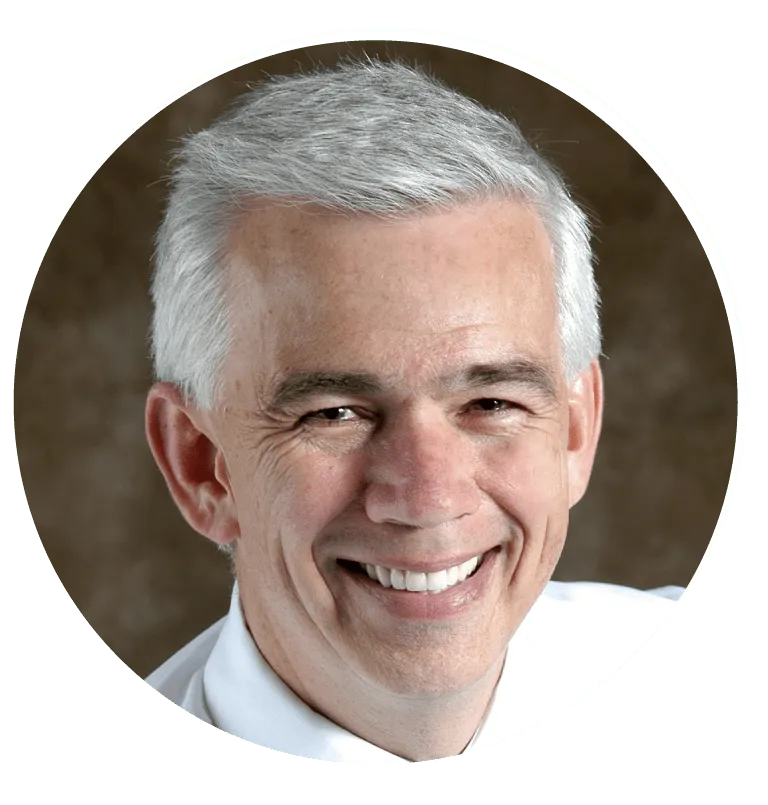
"My life is already in a changing pattern, and Commit First is just putting fuel on the fire. I literally can feel physical change."

JACK ROLFE
CEO-The School Of Life Foundation
A POWERFUL BOOK TO UNLOCK POTENTIAL AND ACHIEVE
THE IMPOSSIBLE
Learn key ingredient in those that live extraordinary
lives and those that don't
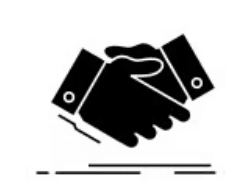
The Power Of
COMMIT FIRST
Use the power of the Commit First method to achieve what you once thought impossible through a little known strategy that is simple to implement

The 100% Rule Of
COMMITMENT
Learn the difference between 99% committed and 100% committed and get back your life and your time by following the 100% rule of commitment

STEP INTO YOUR
FUTURE SELF
Learn how to step into your future self right now. This little known strategy will not only change your future, but will change your today.

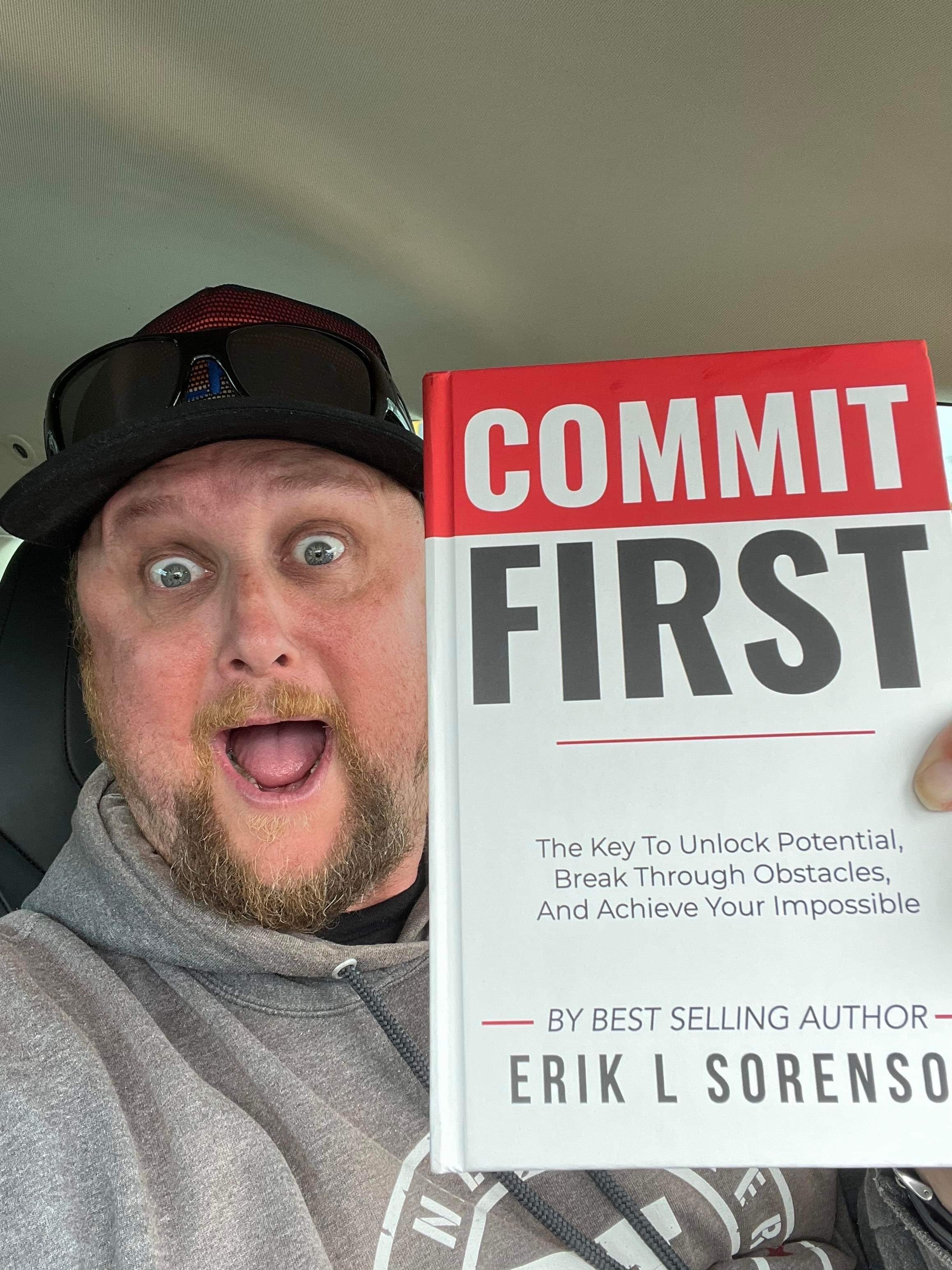
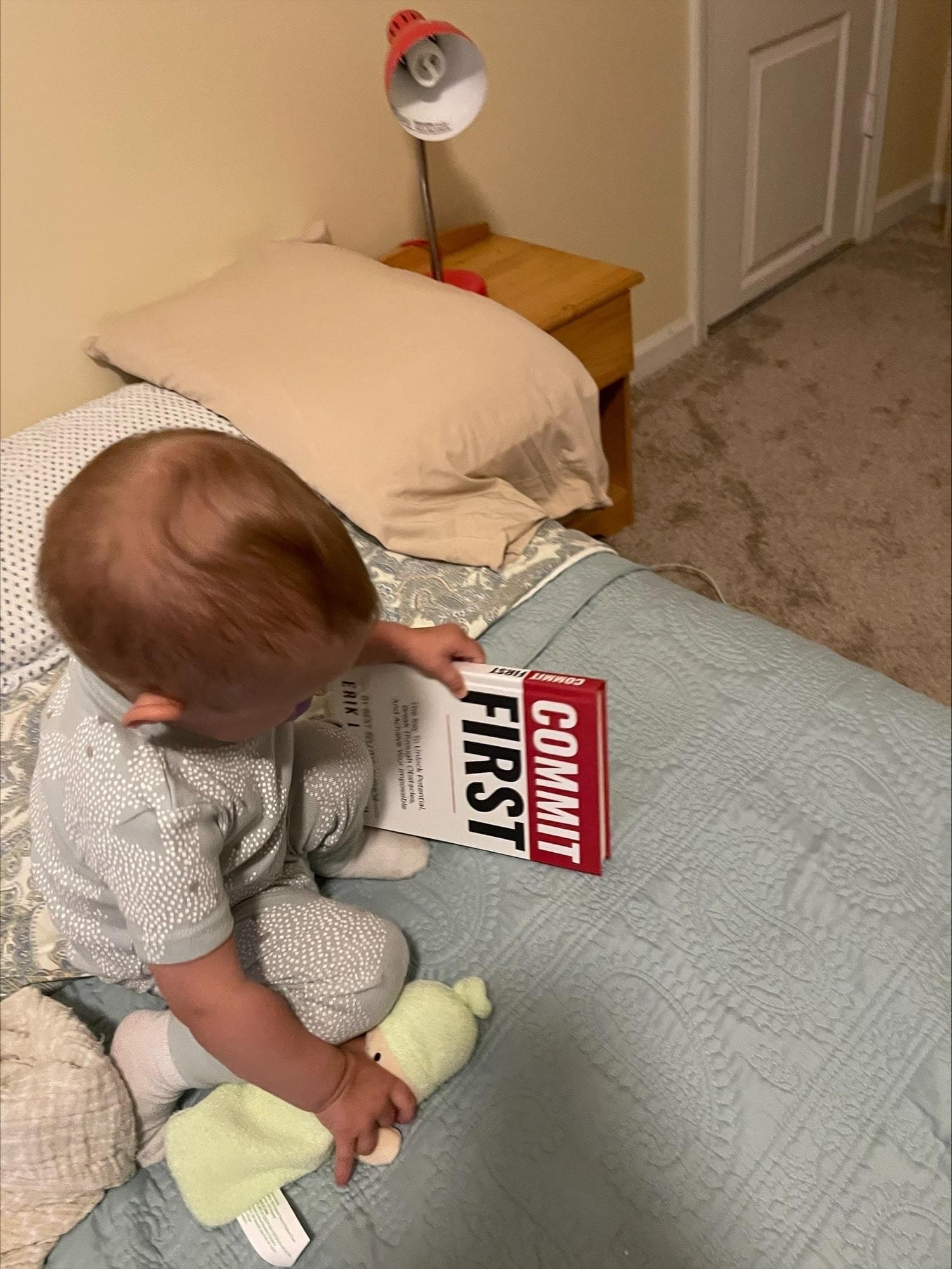
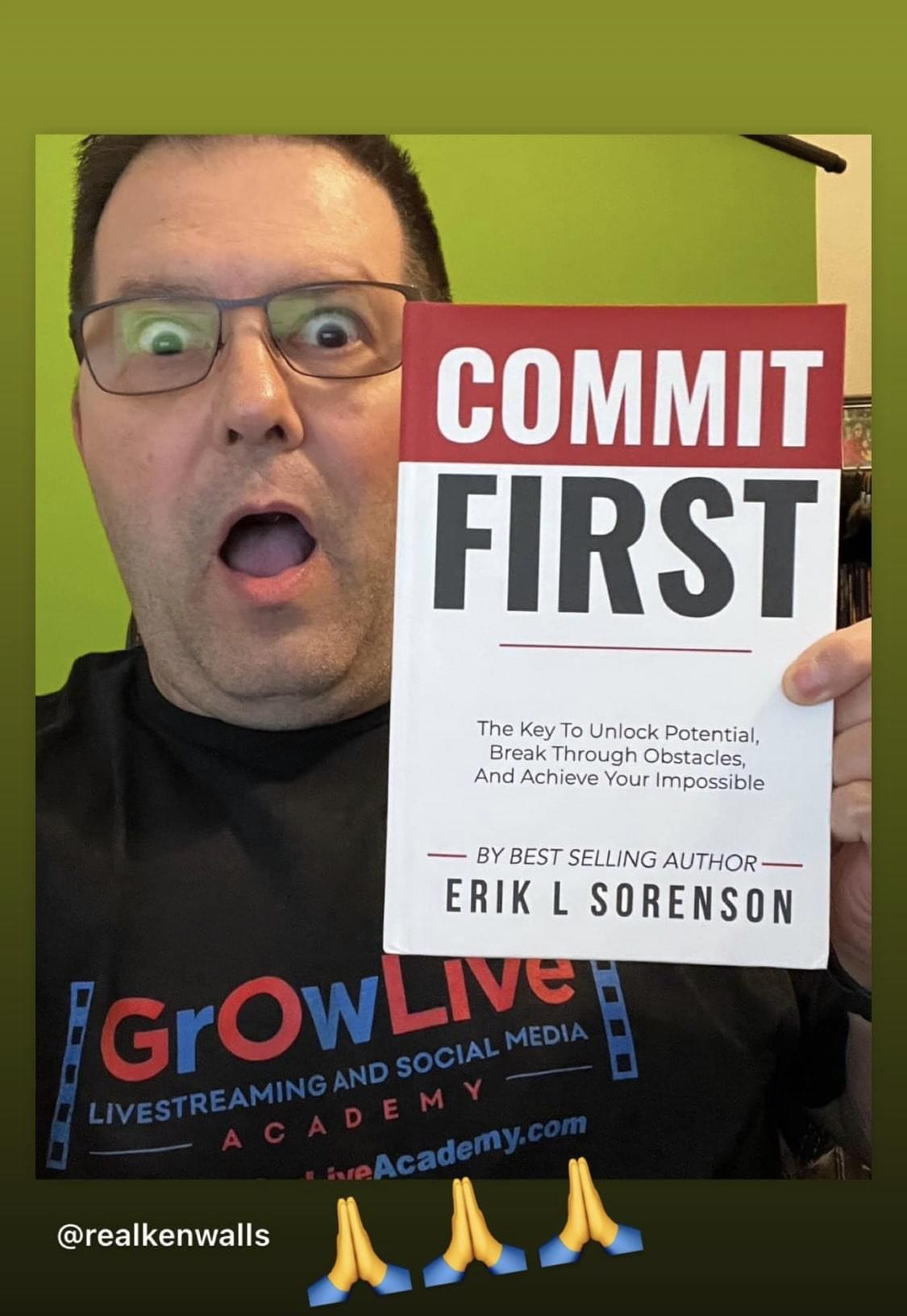
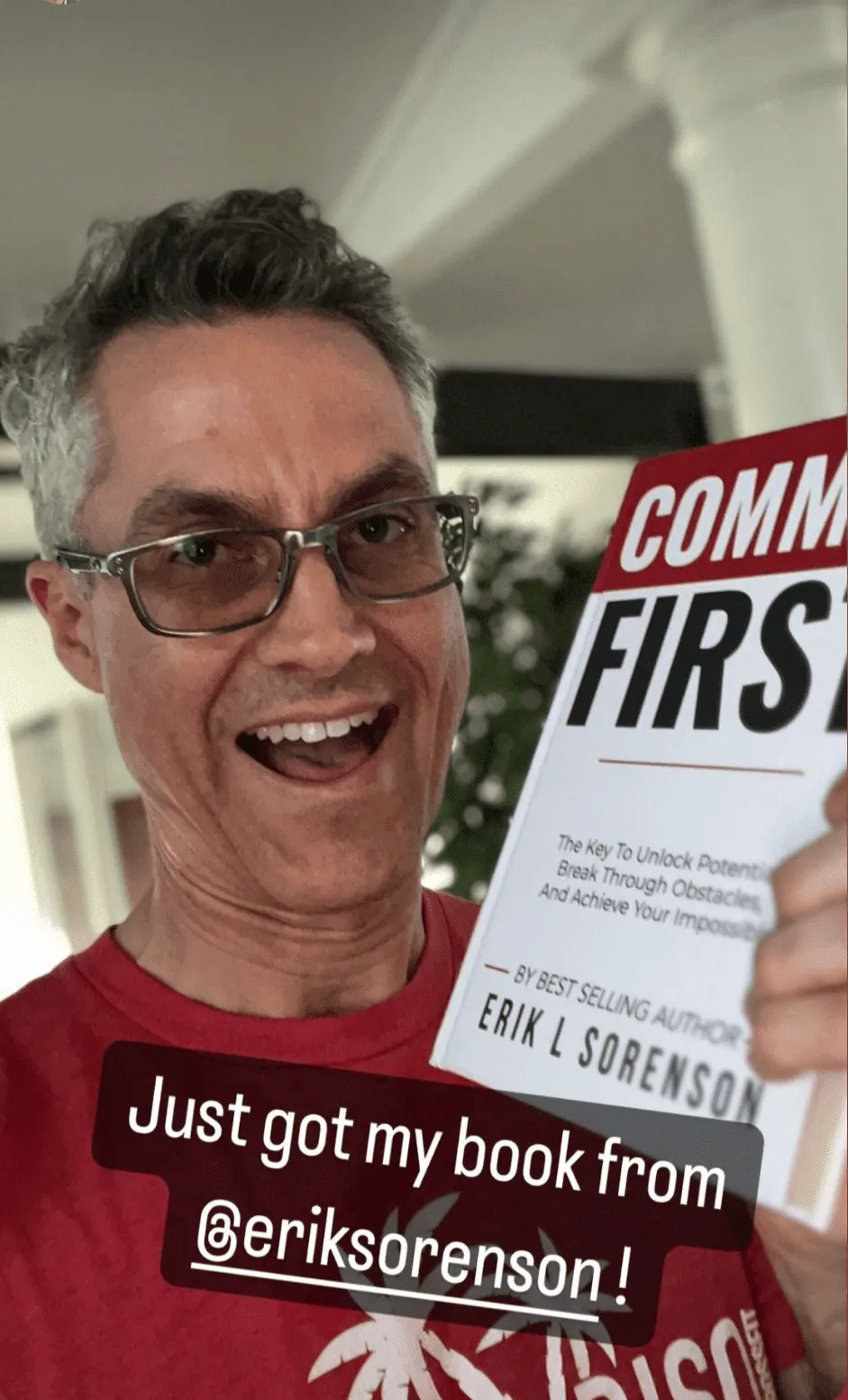
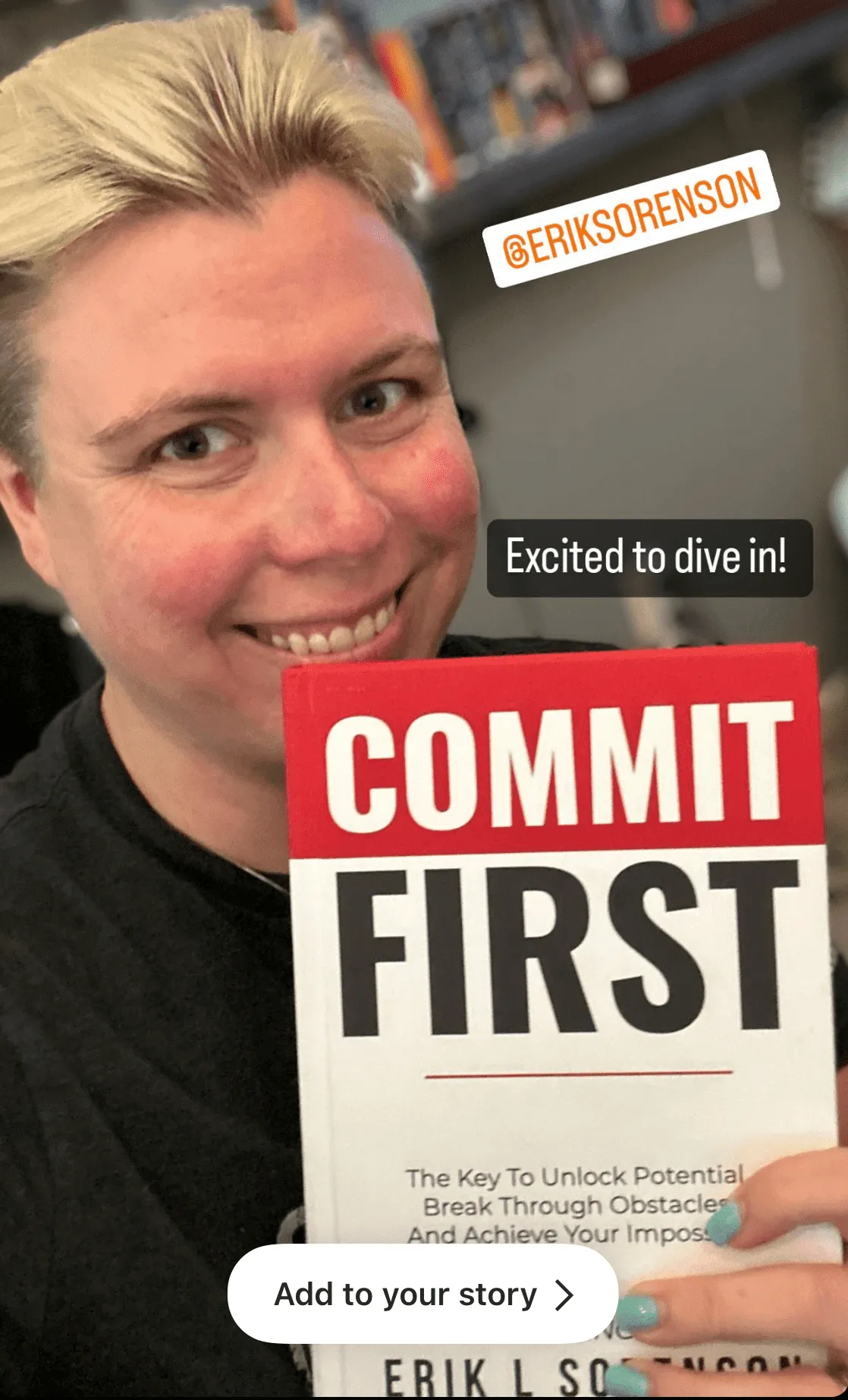
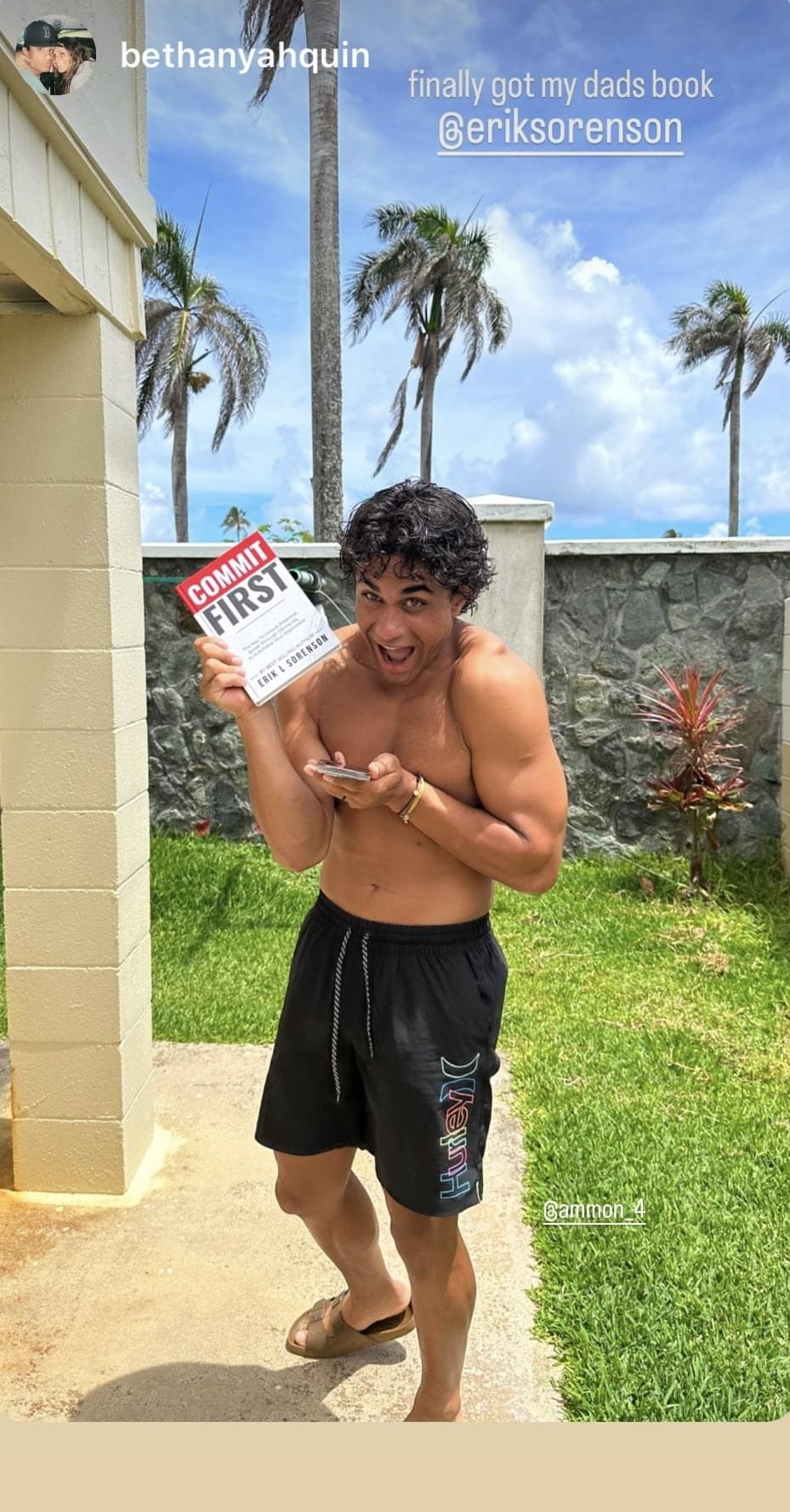
FREE BONUSES INCLUDING LIVE COACHING TO CREATE AN EXTRAORDINARY LIFE!
Gift #1 -ACCESS TO THE COMMIT FIRST LAUNCHPAD PROGRAM
Unleash the power of commitment through this powerful new program
Starting on June15th, 2024 ($995 Value)
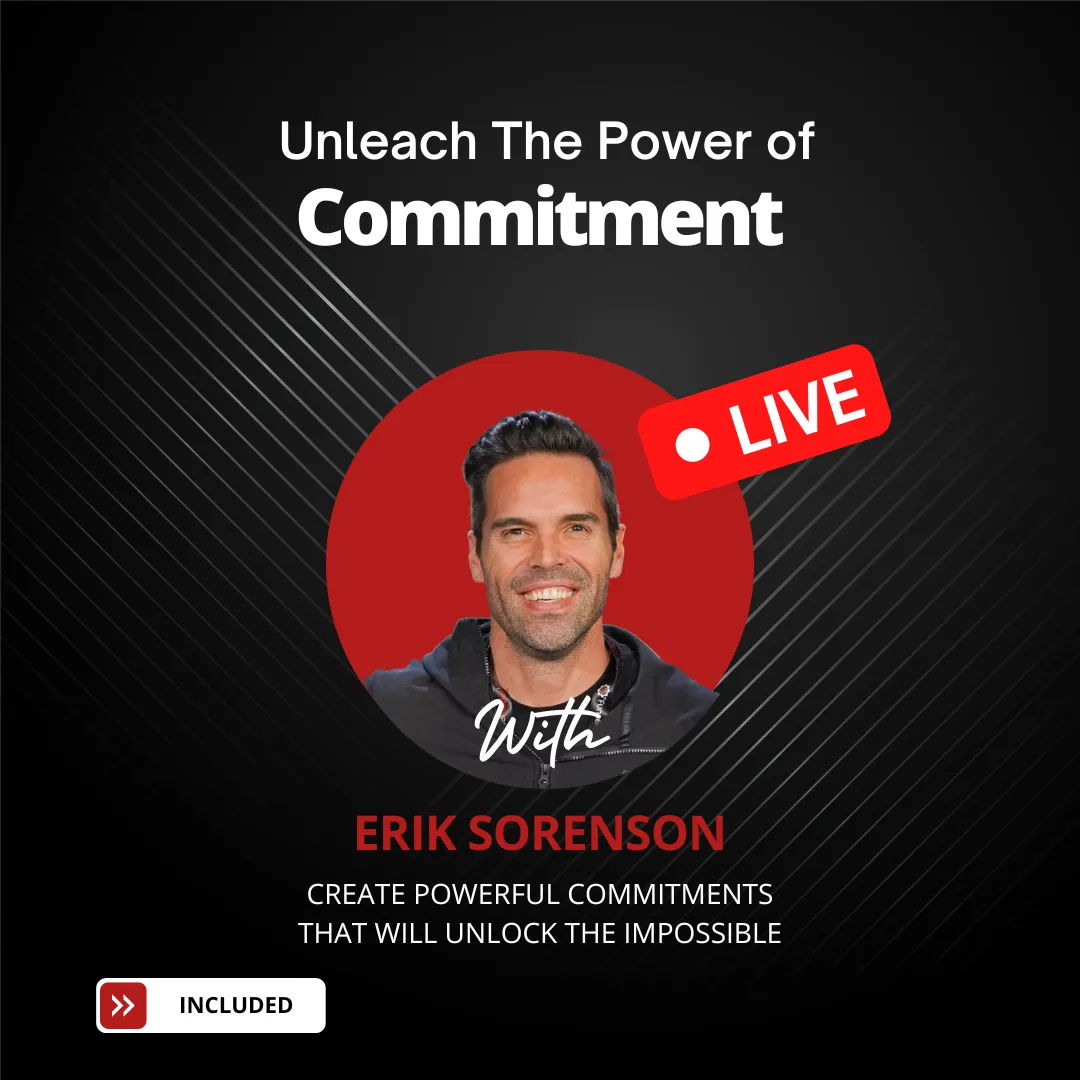
When you pre-order Commit First, you'll be gifted this life-changing program that will allow you to unleash the power of commitment in your life.
During this course, you'll discover the keys to unlocking your potential and taking your life to the next level. You'll learn the Commit First method, a powerful technique that will help you overcome limiting beliefs, fear, and doubt, and take action towards achieving your goals.
But that's not all. Throughout the program you'll receive personalized, training and coaching Erik Sorenson himself, who will guide you every step of the way and help you overcome any obstacles that arise.
So if you're feeling stuck and want to dramatically improve your future, this program is for you. It all starts very soon, and this is an opportunity you won't want to miss. This program is included when you order the book.
Get This For FREE When You Order Your Copy of Commit First (launching 6/15/24)
Gift #2 - VIP ACCESS TO THE IGNITE YOUR FIRE LIVE VIRTUAL IN JULY
It's time to get unstuck and ignite the fire inside you to take control of your life and RISE to your potential
($2,997 Value)
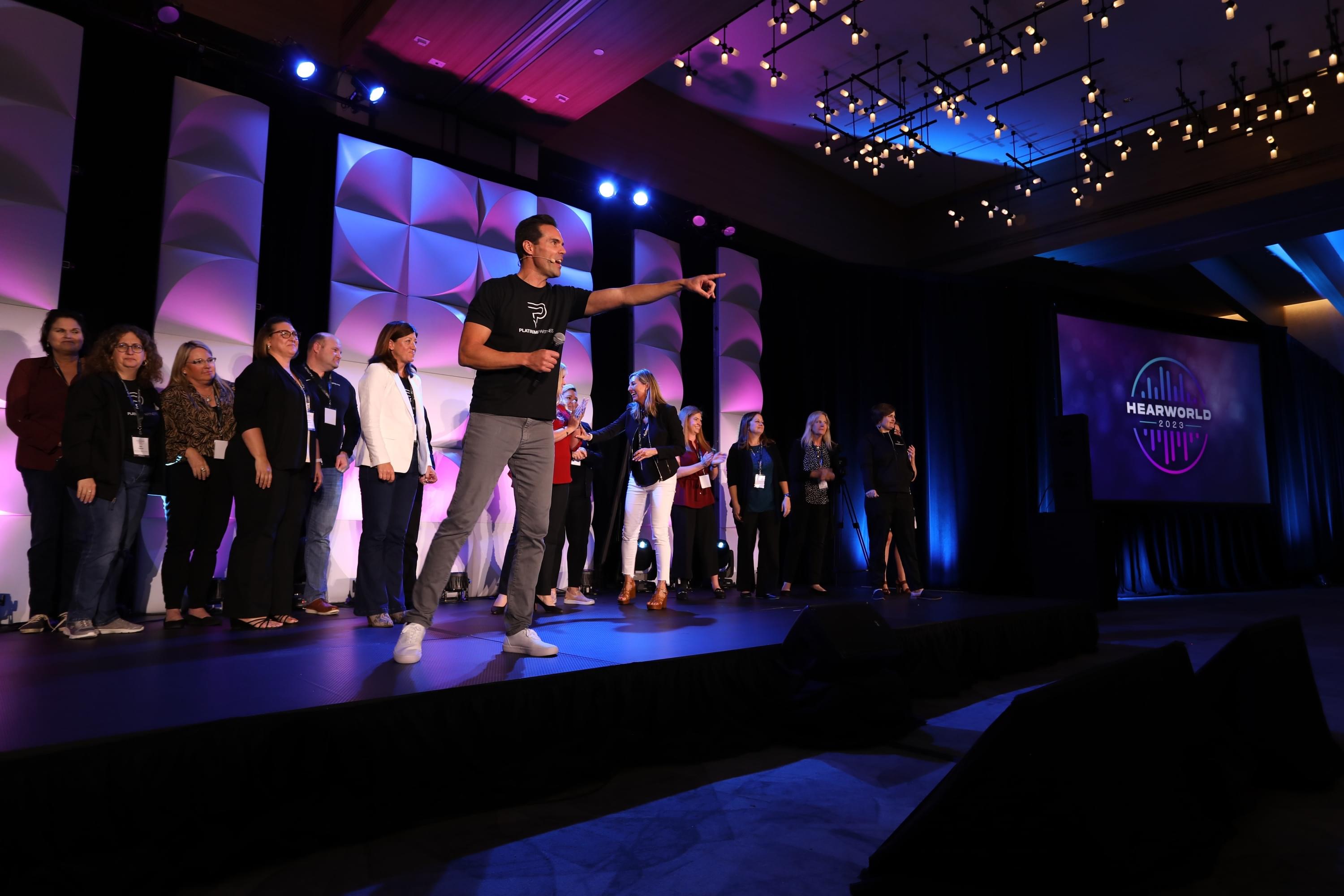
Are you ready to ignite your fire and take your LIFE to the next level? If so, join us for the Ignite Your Fire Live 2-Day Virtual Summit.
This summit is the clear and straight path to getting unstuck, igniting your fire, and fulfill your purpose. With our proven system, you'll accelerate your results instead of spinning your wheels for months on end. You'll break through past roadblocks that have been keeping you small and unlock your true potential.
The best part? You'll learn how to get out of your own way and remove the obstacles that have been holding you back from the success you've always wanted. We'll provide you with the tools, strategies, and support you need to raise the level of impact you make in the world and open the door to limitless possibilities.
So don't miss out on this incredible opportunity to ignite your fire and take your business to the next level. Sign up now for the Ignite Your Fire Live 2-Day Virtual Summit in April and start paving the way to the success you deserve.
Get This For FREE When You Order Your Copy of Commit First
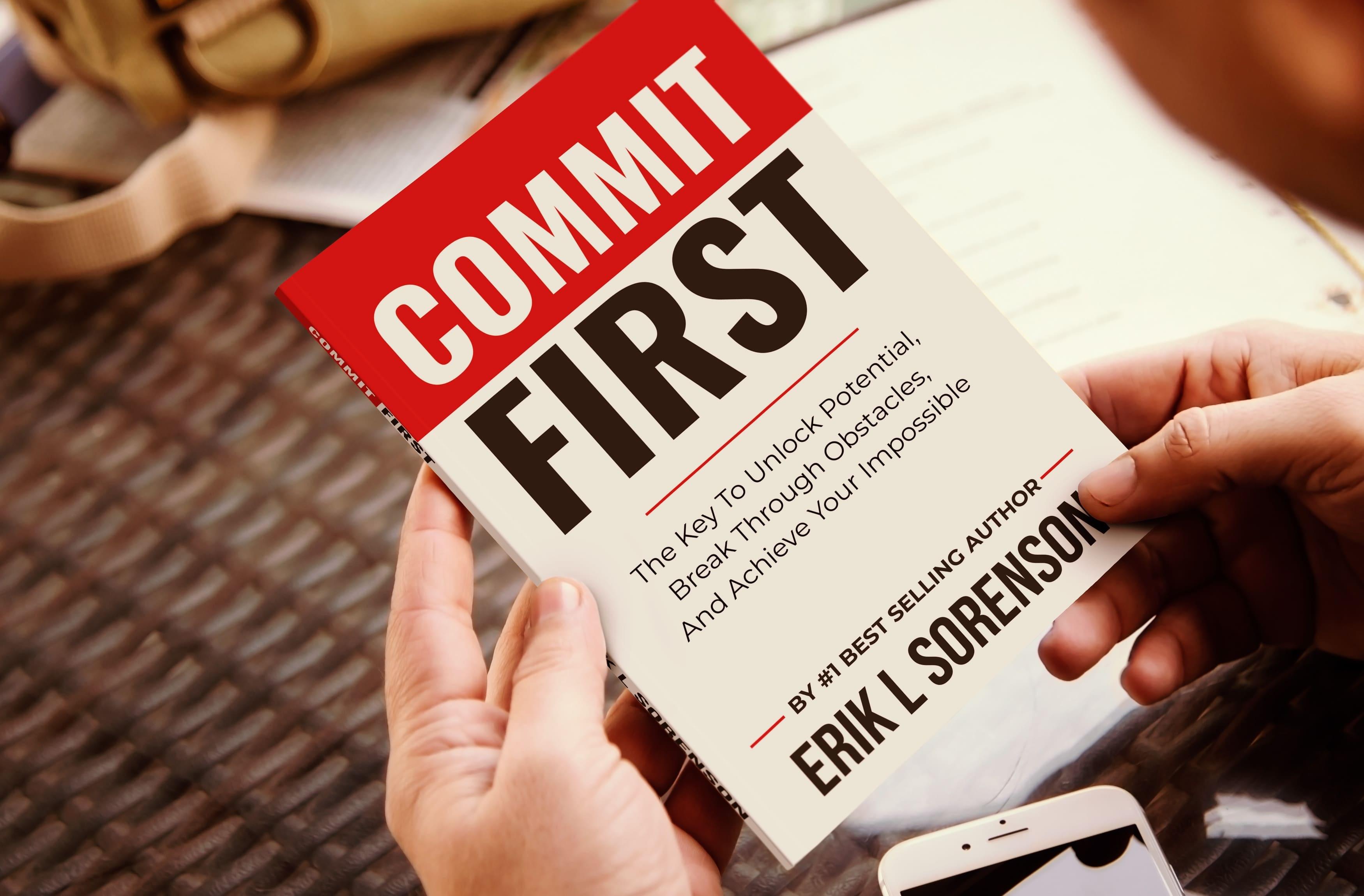
Implement the power of Commit First. When you order the book you'll get all of this FREE!
Commit First Book($19.97 Value)
Commit-First Challenge($997 Value)
Ignite Your Fire Live Summit($2997 Value)
Total Value: $3,997.00
Dear Friend,
I'm excited to announce the release of my latest book, "Commit First,". This book is a blueprint for achieving the seemingly impossible and creating an extraordinary life. It's not just another book with ideas and concepts; it's a guide to applying the Commit First Method in all aspects of your life.
In "Commit First," I draw on my personal experiences and real-life examples to illustrate how commitment is the key difference between those who achieve success and those who do not. By committing first before taking action, readers will discover the power of focus and determination, which can help them achieve success in all areas of their lives.
This book is for anyone who wants to unlock their full potential, break through any obstacle, and achieve the seemingly impossible. Whether you're looking to advance in your career, build stronger personal relationships, or improve your overall well-being, "Commit First" provides actionable steps that you can take to create an extraordinary life and business for yourself.
I'm confident that "Commit First" will help you gain a newfound sense of purpose and direction, and motivate you to take your life to the next level. I've applied the Commit First Method in my own life, and it has helped me achieve success beyond my wildest dreams. And now, I want to share this powerful method with you.
Thank you for your support, and I can't wait for you to read "Commit First."
Sincerely,

P.S. I hope you enjoy the book!
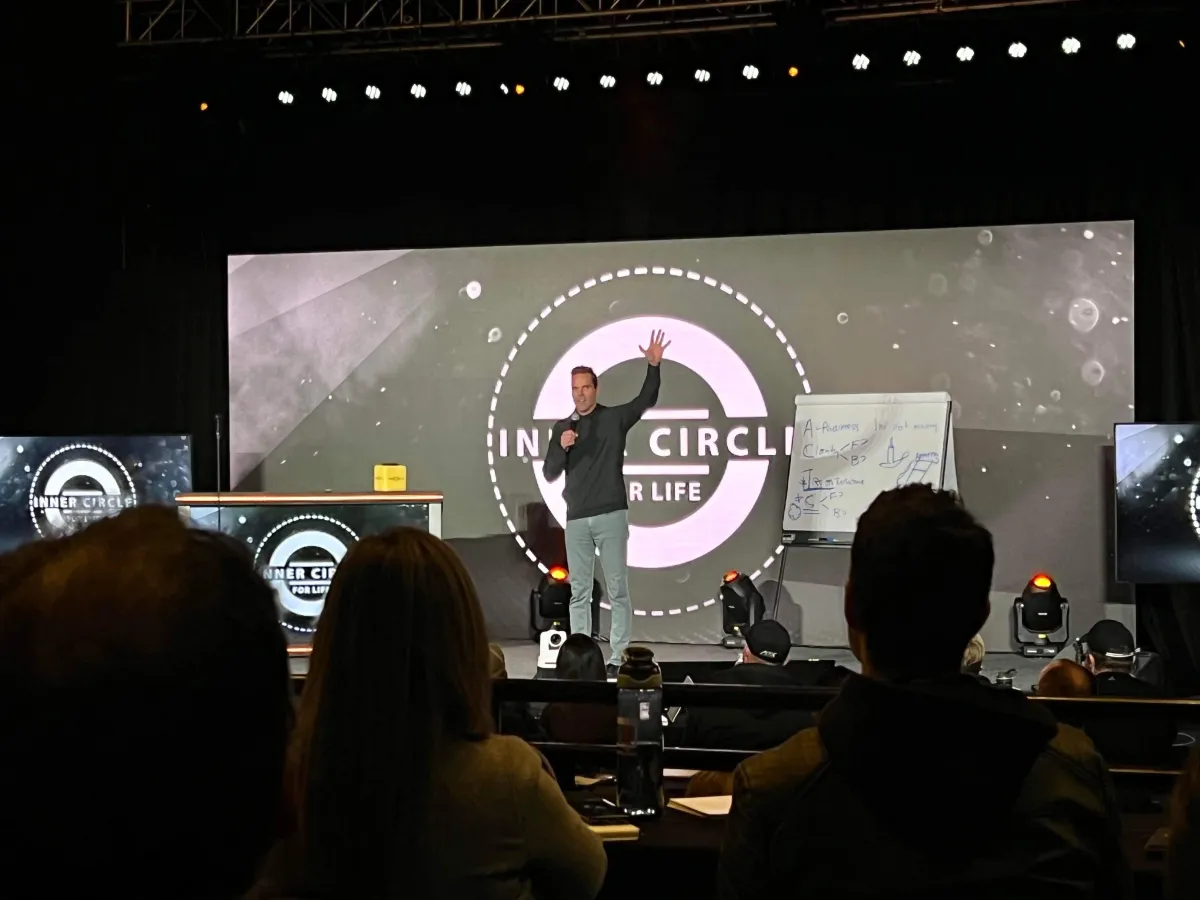
THE DAY LES BROWN INTRODUCED COMMIT FIRST
Les Brown was rated in the top 5 speakers in the world and has spoken to millions. On this day, Les decided to impersonate Erik and talk about the power of the book
Erik Sorenson, a #1 bestselling author, has announced that his latest book, "Commit First is now available! This powerful book provides readers with a unique method that can help them achieve success in all aspects of life by applying the Commit First Method before anything else.
Unlike other books that only offer ideas and concepts, "Commit First" is a blueprint for achieveing the seemingly impossible and create an extraordinary life. Sorenson draws on his personal experiences and real-life examples to illustrate how commitment is the key difference between those who achieve success and those who do not.
In this book, readers will learn how to unlock their full potential, break through any obstacle, and achieve the seemingly impossible. By committing first before taking action, readers will discover the power of focus and determination, which can help them achieve success in all areas of their lives, including their careers, personal relationships, and overall well-being.
"Commit First" provides actionable steps that readers can take to create an extraordinary life and business for themselves, just like Sorenson did. With this book, readers will gain a newfound sense of purpose and direction, and will be motivated to take their lives to the next level.
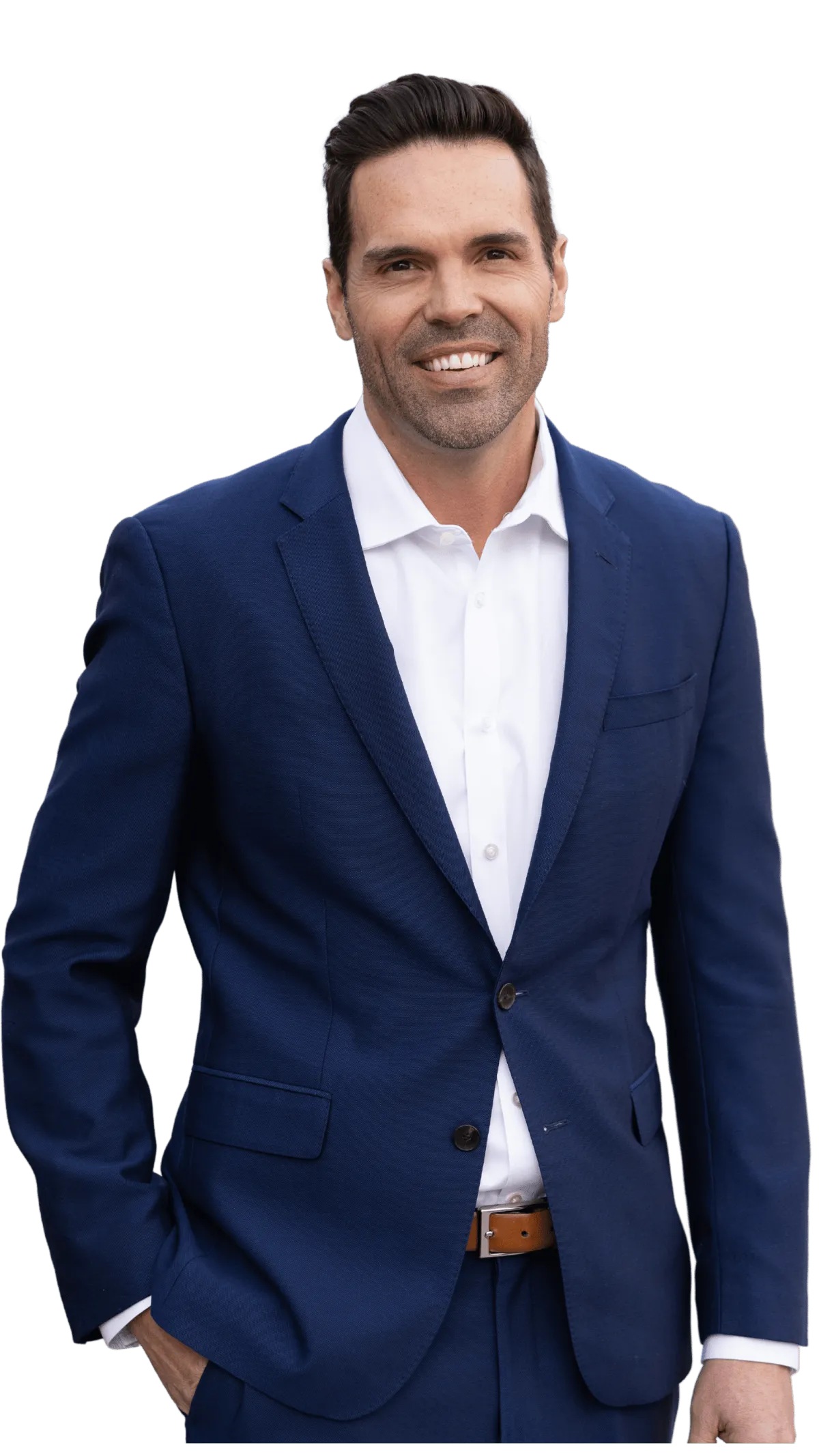
Erik Sorenson: Author, Public Speaker Entrepreneur, Business Coach, Marketer.

Do You Have Lofty Goals For The New Year? Commit First

Roger Dean Duncan Contributor
I cover leadership issues tha make or break your workplace experience
A recent Wall Street Journal article told the inspiring story of Mike Massimino. Don’t feel bad if that name doesn’t ring a bell with you.
As a NASA astronaut, Massimino space-walked four times to repair the Hubble Space Telescope. He retired from the space program in 2014, and today teaches engineering at Columbia University. He shares many of his experiences in his book
Moonshot: A NASA Astronaut’s Guide to Achieving the Impossible. Massimino’s story is worthy of a Hollywood script. He was rejected by NASA multiple times. But he applied over and over while working to qualify. When he was finally accepted, he summed up his philosophy: “The only way to fail completely is to stop trying.”
That approach to life is echoed by Erik Sorenson, author of Commit First: The Key to Unlock Potential, Break Through Obstacles, and Achieve Your Impossible.
Sorenson, an accomplished entrepreneur, marketer, human performance coach and captivating speaker, offers you-can-do-it advice on how to break out of the world of average and use the gifts you likely didn’t even know you have.
To demonstrate his own allegiance to this approach, he opened pre-orders for his book before writing a single word. “With pre-orders for the book and telling the world about it, I was applying leverage on myself,” he says. “This left me with a choice: either write the book and have it published by the date I committed to or not write the book and face public scrutiny and loss of credibility.”
Sorenson says grit and hustle can be helpful when beginning the journey of achievement, but they can get you only so far. “Hustle leads to burnout,” he says. “It takes time away from precious relationships and pushes you toward short-term tactics rather than long-term strategies. There’s a better way: it’s by committing first. Commit First is a principle that allows you to gain clarity on what you want and then Commit First to achieving it.”
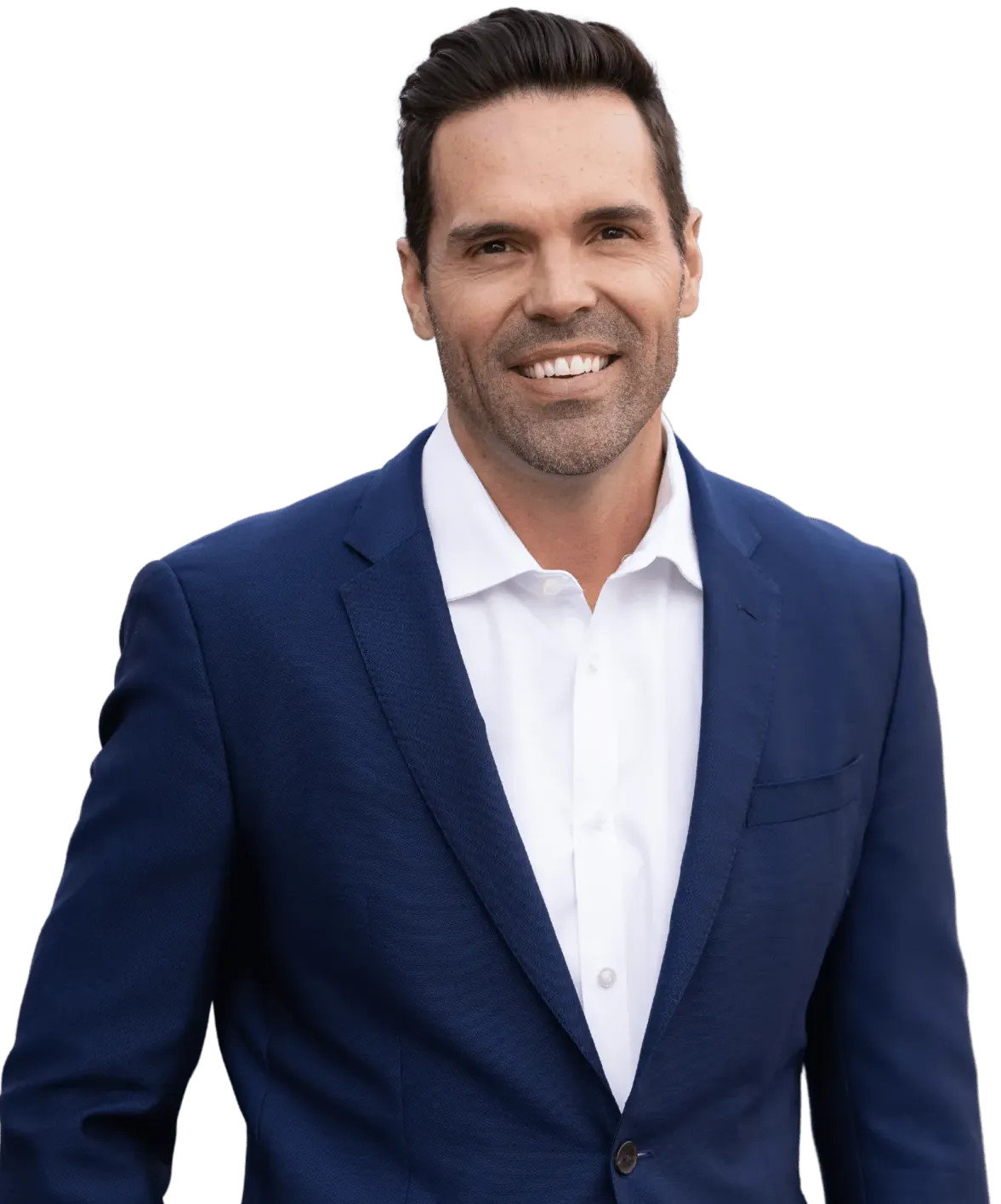
While we often hear the phrase, “failure is not an option,” Sorenson believes a more helpful phrase is “quitting is not an option.”
“Nothing great ever came about without a significant amount of failure preceding the achievement,” he says. “While we often hear that failure is not an option, it’s actually the only option because it’s the only way to be truly successful. In fact, the goal should be to fail as often and as quickly as possible so you can learn the lessons from the failures that will ultimately lead you to discover what it takes to be successful. Failure is an option, but quitting is not. Quitting is the only true ultimate failure because quitting means you’re abandoning everything you set
out to accomplish.”
Sorenson says resourcefulness plays a critical role in a person’s ability to achieve lofty goals.
“People think that to be successful you need resources like money, connections, or technology,” he says. “In reality, the most important asset you can have is not resources, but
resourcefulness. Resourcefulness means you look inside and you find a way and you figure it out. Many incredible things have been created by people who had nothing but a resourceful mind and a hunger that fed the resourcefulness.”
Many performance experts tout the importance of a person’s “why” when seeking goals. Sorenson offers advice on that quest.
“When they really think about it, most people know their why from a high-level standpoint,” he says. “Most want to be happy, make a difference in the world, provide for their families, etc. I suggest that it’s more powerful, especially when focusing on a specific outcome that you desire, to align with your purpose rather than your why.”
He explains the difference: “A why is something that drives you; a purpose is something that pulls you. Being pulled toward your dream outcome is far more powerful than being pushed toward it. It starts by understanding what your purposes are. Look at the talents and abilities you have, look at the things you love to do, and align your desired dream outcome with those things, and you’ll find that over time your purpose will be uncovered.”
Sorenson subscribes to the idea that 100% commitment is easier than 99% or less.
“When you are 99% or less committed to something, you must make a decision every day whether you're going to keep your commitment. For example, if you want to quit consuming sugar, you’ll face temptation when going to the store, dining out, socializing with friends, and more. When the urge to break the commitment arises—and it will—if you're less than 100% committed, you will eventually succumb. In contrast, when you are 100% committed, you need to decide only once.”
At a time of year when many people are making resolutions, Sorenson says accomplishing goals is not about doing, it’s about becoming.
“Studies show that as many as 93% of people who set goals don't accomplish them,” he says. “Setting goals in the traditional way has a very high failure rate because we often focus on short-term tactics and try to push ourselves, leading to abandonment when the novelty wears off and the tasks become mundane and challenging. A much more powerful and effective way to achieve goals is to focus on the person you must become to accomplish that goal. When a goal is intertwined with your identity, every action becomes about building the person who will achieve that goal, rather than a mere tactic that will likely fail.”
Sorenson says creating a “commitment statement” is a critical step to bringing clarity and purpose to a person’s performance journey. He explains the process.
“A commitment statement is an ultimate declaration to yourself and a constant reminder of your commitment and the importance of keeping it,” he says. “When aligned with your clarity and purpose, a commitment statement allows you to remember it and inspires you daily as you recite the reasons behind your commitment and the importance of keeping it. To set a commitment statement, first, get clear on what you want, commit first to that thing, craft a statement that embodies your commitment that is concise, powerful, and meaningful to you. Then display your declaration so you can see it every day. Memorize it and recite it daily.”
Busyness is a common trap that can create a false sense of accomplishment and get in the way of a person’s attempts to reach important goals. Sorenson has a view on that, too. “Busyness is laziness,” he says. “Most of my adult life, I thought being busy was a measure of progress. But have you ever been busy doing things all day, only to discover at the end of the day that you got nothing done? The challenge with busyness is that it’s usually reactive to what is happening around you.
You show up to work and simply react to your emails, phone calls, meetings, conversations, and you spend your day ‘doing.’ I call this empty activity. Empty activity is very sneaky because it creates a false sense of progress. Look at your day and ask yourself if the things that are keeping you busy all day are actually progressing you toward what you want in life. Then begin focusing only on the things that are completely aligned with what you want. Eliminate the rest.”
EARNINGS DISCLAIMER: We don't believe in "get rich" programs - only in hard work, adding value, building a real and professional career, and serving others with excellence and consistency. Our trainings are intended to help you share your message with a wider audience and to make a difference in the world while growing your personal brand. Our programs take a lot of work and discipline just like any worthwhile endeavor or professional continuing education program. As stipulated by law, we can not and do not make any guarantees about your ability to get results or earn any money with our ideas, information, tools or strategies. We don't know you and, besides, your results in life are up to you. Agreed? We just want to help by giving great content, direction, and strategies. You should know that all products and services by our company are for educational and informational purposes only. Nothing on this page, any of our websites, or any of our content or curriculum is a promise or guarantee of results or future earnings, and we do not offer any legal, medical, tax or other professional advice.
©2021 Sorenson Marketing Communications

